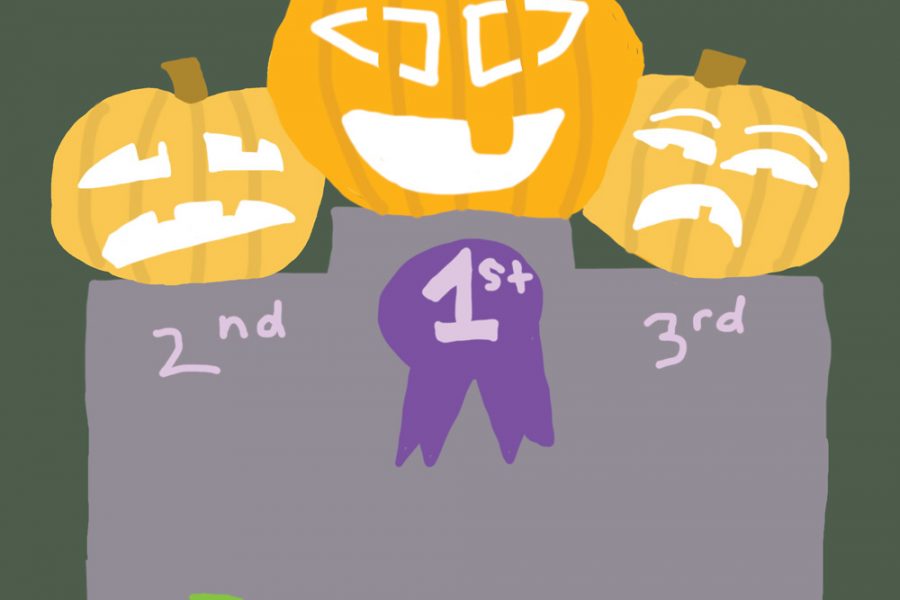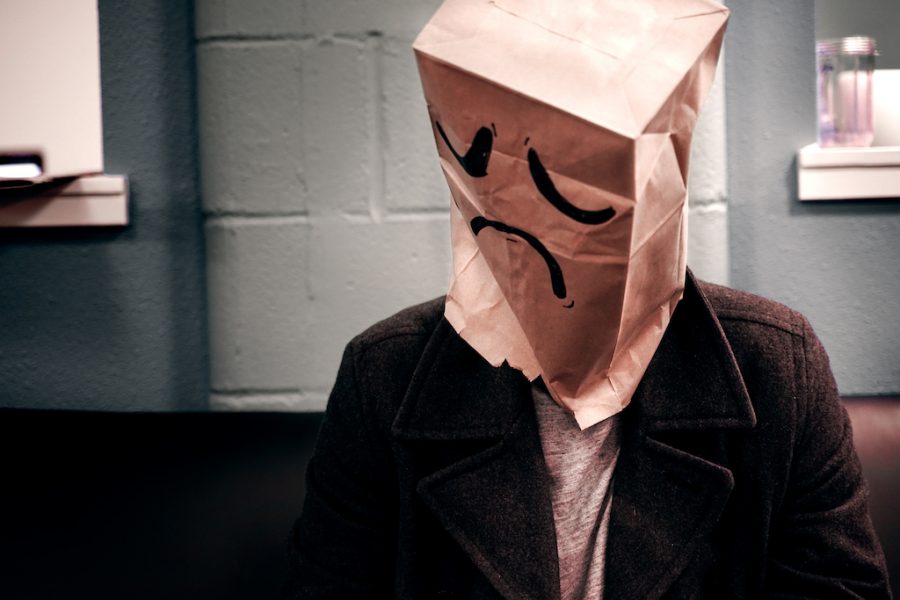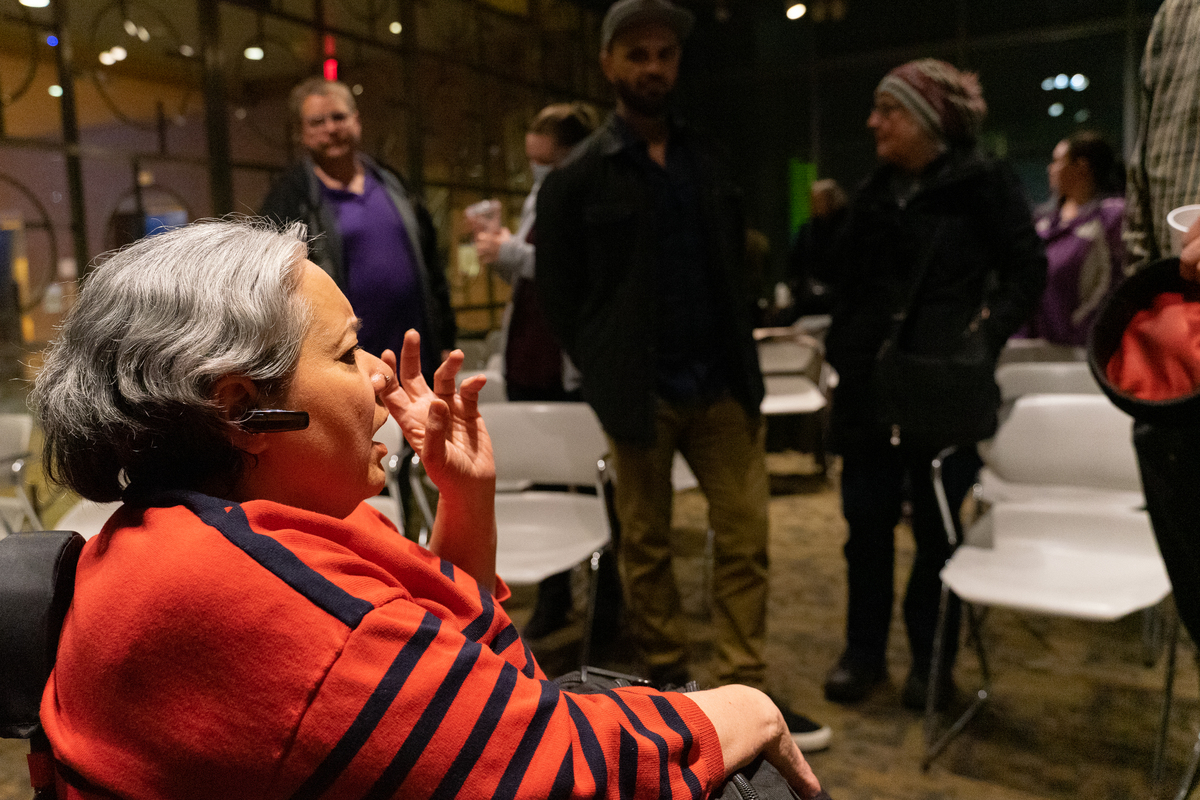Election results reveal regional divide
Despite several scandals emerging in the past months, Justin Trudeau was re-elected to a second term as Canada’s prime minister, though he lost a majority in Parliament.
Approximately a week after he announced his campaign for re-election, photos of Trudeau dressed in white Arab-style robes, a turban and brownface make-up were released by TIME. Trudeau also admitted to wearing blackface make-up during a high school talent show and at least one other instance, according to CNN.
“What I did hurt them, hurt people who shouldn’t have to face intolerance and discrimination because of their identity,” Trudeau said in a statement after the photo’s release, according to CNN. “This is something I deeply, deeply regret…The fact is I didn’t understand how hurtful this is to people who live with discrimination every day.”
Trudeau also faced allegations of ethics violations by federal ethics commissioner Mario Dion, who reported claims the prime minister had pressured former attorney general Jody Wilson-Raybould to seek reduced charges against major engineering company SNC-Lavalin.
Trudeau apologized for the brownface and blackface incidents as well as the ethics issues involving Wilson-Raybould. Other political scandals involving Trudeau included his plans to expand the Trans Mountain oil pipeline, despite a pro-environment stance since his 2015 election campaign.
“He promised he would be different [during the 2015 elections],” Andrew Scheer, leader of the Conservative Party, said at a press conference, according to The New York Times. “We now know, beyond a shadow of a doubt, that Justin Trudeau is not as advertised.”
Trudeau’s progressive Liberal Party lost 20 seats and now holds 157 of the 338 total seats in the House of Commons, according to CNN. Losing a majority of Parliament, which would have required 170 seats total, could result in difficulties when trying to pass legislation throughout Trudeau’s second term as prime minister.
“It’s not quite the same as 2015,” professor of Canadian history and international relations at the University of Toronto Robert Bothwell told The New York Post. “Trudeau is prime minister because the rest of the party was able to pull itself together and prevail. While Trudeau certainly deserves credit for what has happened, he’s really going to have to demonstrate qualities that he hasn’t shown yet.”
Trudeau and the Liberal Party also lost the popular vote, gathering 33.1% of the country’s vote, while the oppositional Conservative Party won 34.4% of the popular vote and 121 seats total.
“One thing was true throughout this campaign; voters, especially those on the left of center, were uncertain about what they wanted,” nonprofit independent research foundation Angus Reid Institute said in a statement, according to CNN. “Even last week, with fewer than seven days until the election, half of voters said they were locked into their top choice in this election.”
The election results revealed a regional divide throughout the country. The prairie provinces in western Canada were a major win for the Conservative Party, with a total of 34 seats while the Liberal Party won zero. Overall, the Conservative Party won 26 new seats in Parliament.
“Regionalism is one of the defining characteristics of the country and we saw that come out [in the election],” political scientist from the University of Toronto Andrew McDougall told The New York Times. “Political leaders can try to bridge that but very often there’s nothing they can do about it.”
Discussions of the secession of the western prairie provinces, including Alberta and Saskatchewan, is not a new conversation, and has gained and lost momentum for several decades, but no serious movement ever came of the conversations. Soon after the 2019 elections, however, many self-proclaimed separatists questioned if it was time for “Wexit,” or the separation of western Canada from the greater country.
“The two Canadas are now eyeing each other from cliffs on opposite sides, and they’ve got very little common ground on the key issues,” President Frank Graves of Ekos Research, an Ottawa polling organization, told The New York Times. “The side that lost, particularly in light of the fact they actually won the popular vote, are going to be even angrier and more unhappy with the fact that they don’t see their voice being expressed in government.”






